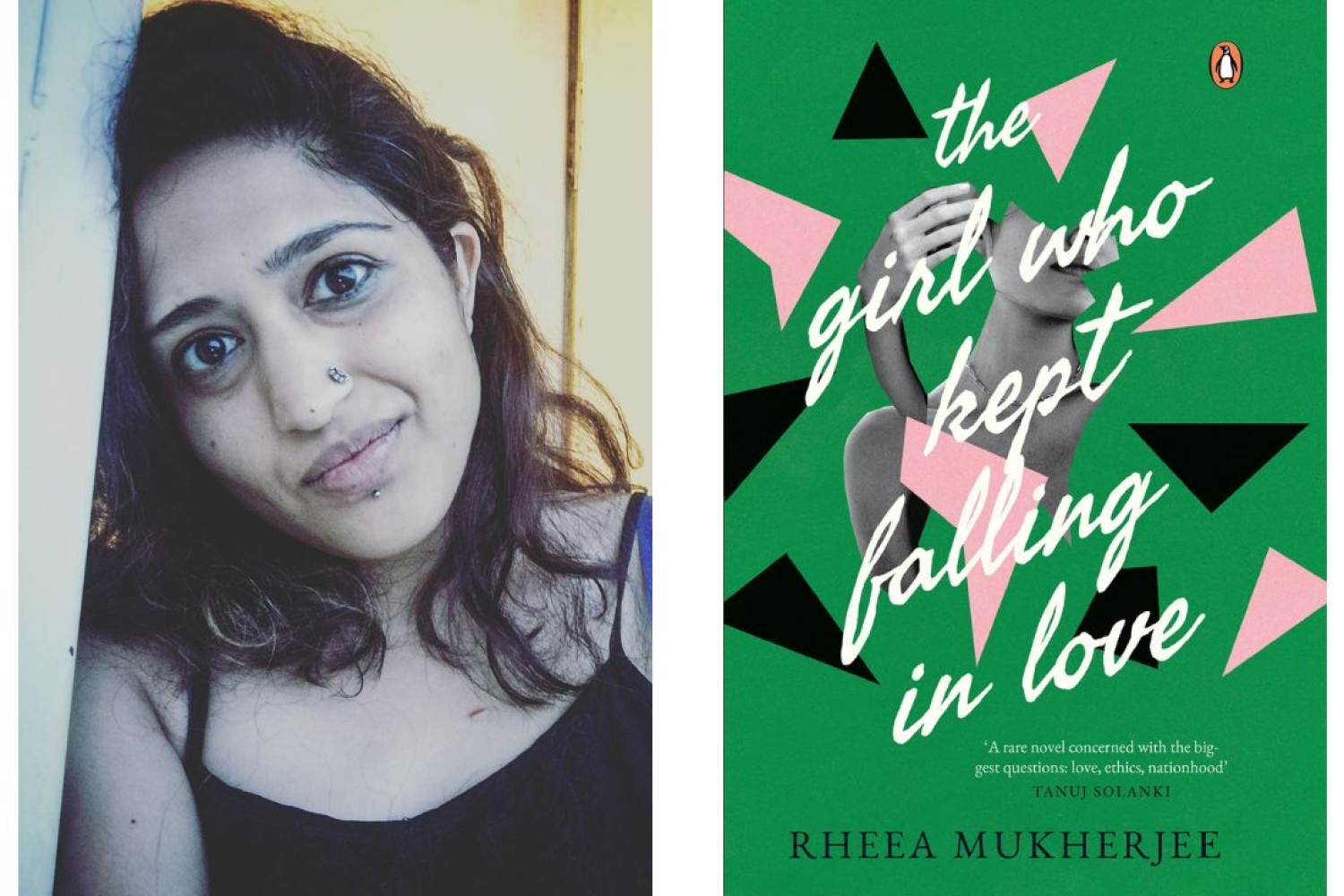

The Girl Who Kept Falling in Love unfolds the narrative of a 40-year-old woman in search of a deeper purpose beyond the quest for love. She seeks solace in activism and championing righteous causes. Engaging in activism and standing against institutionalized hate in the age of social media, she finds herself chasing a universal need for love and acceptance. We talk to author Rheea Mukerjee on love, her writing process and the complicated age of social media.
The book's title deceives you into thinking that the book is a romance fiction but it's not. Tell us more about the title.
The title is a little bit of a trick! The title suggests it’s purely a classical love story or a romcom. I still feel it’s a very concrete title to the story though. To me, falling in love is a data point. It allows you to examine the things you are focused on, believe in, and programmed to desire at a certain point of your life. Most of us fall in love with ‘someone’ at some point of our life, but if we dig deep, we know there are social reasons as to why we might fixate on one person, for example, how they should look or how they present their gender is largely fed to us by society. To keep falling in love, to me, indicates the commitment to re-examining the way we respond and resist society over time.
How does social media affect the ways of thinking of your novel's protagonist?
I really acknowledge the powerful ways social media is impacting the way we live, think, and respond to the world. I also understand the criticism that social media prevents people from being in touch with ‘reality’ or caught up in their ‘bubbles’, but to dismiss it as a non-reality is a limiting summary of how we are evolving as humans.
How we use social media is political. We should be aware we replicate many material systems online as well. Social media tells a story of class, caste, politics, and access. It shows you what topics and people get more traction or hold more value. It’s a great place to witness how mainstream narratives hold people to one larger way of looking at things. Social media will only grow. Platforms can change and ways we use it will evolve, but it’s a part of our lived reality. I think negating the idea that social media is ‘not reality’ is something that’s not helpful anymore.
What is your writing process?
I honestly wish I had one. I am a chaotic writer. I think the way I’ve built my life has also sustained the ability to write. I’ve always had a full time job, parent dogs (and now a cat) while struggling with chronic migraines and depression. But it’s within this existence that I can compel myself into writing. It happens in bursts, sometimes for months. But then there are months where I won’t write at all. All I can say is that I’ve been able to consistently write in inconsistent bursts for most of my adult life.
Love has many meanings in your book. What do you think love does to us, our self-worth and the way we interact with the world?
The more I let myself experience the world, the more I think love is our ability to understand what we’re capable of doing or being. Self-worth is not possible unless we understand ourselves as an individual that can choose to break away from collective societal rules or on the other hand, choose to willingly be a part of it. Love becomes a process of knowing who you are in relation to what the world has taught you to be. It’s a privilege to have the space for it. It is also a space where you will experience a lot of pain and destruction.
Words Paridhi Badgotri
Date 09.11.2023